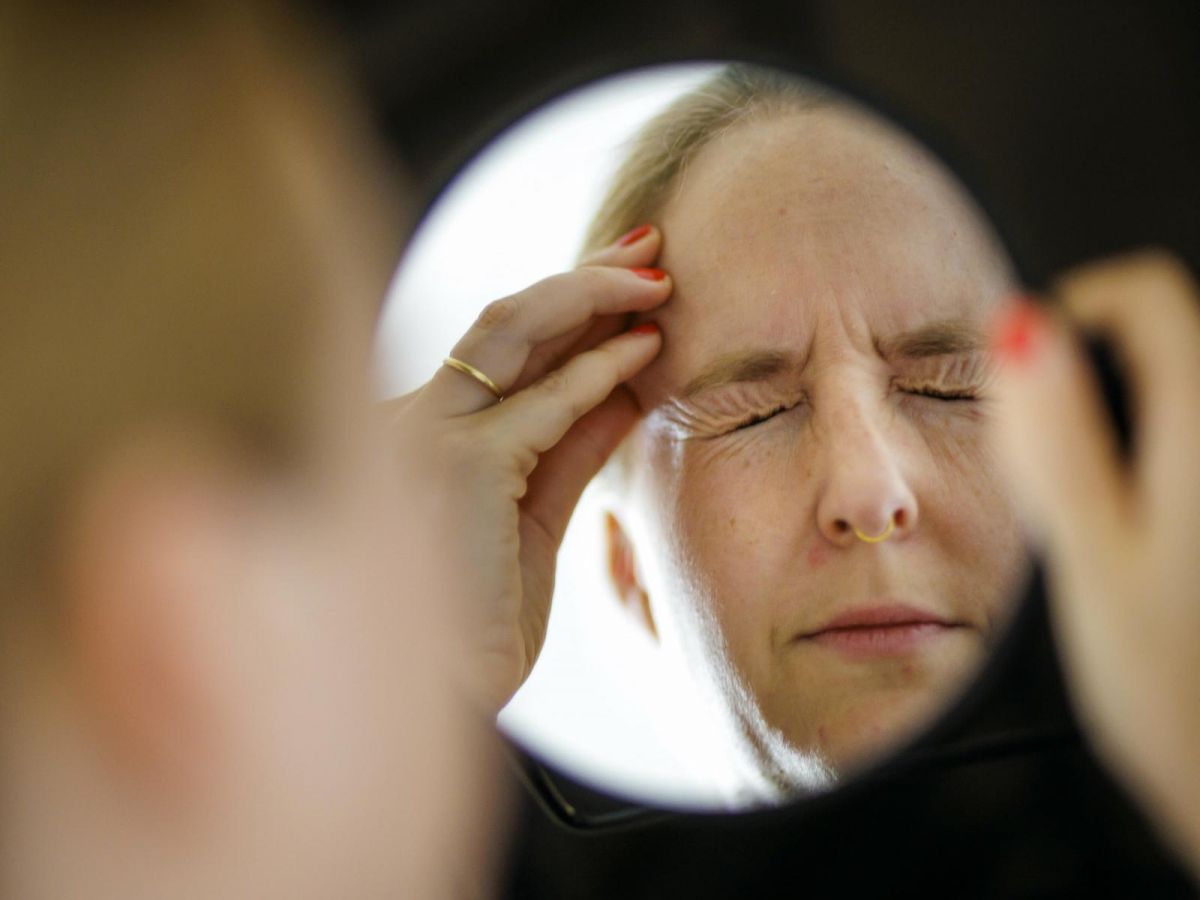What is the life of a migraine sufferer like? A long, chaotic journey marked by isolation. So much data provided by the first study in the world initiated by French-speaking migraine patients which has just been published in the journal The Journal of Headache and Pain.
This work carried out in 2022 led by the French association The Voice of Migraine Sufferers, in partnership with the participatory platform MoiPatient, was built on questionnaires developed by a group of around thirty patients sent to nearly 700 participants, most of whom were severely affected, a third presenting more than 14 days of attacks per month, another third between 8 and 14 days and a final third less than 8 days.*
The association The Voice of Migraine Sufferers was created in 2018 by four patients and now brings together more than 25,000 French-speaking migraine sufferers. It supports patients and raises public awareness while actively working to obtain reimbursement for new anti-CGRP treatments in France, even though they are available in 24 European countries.
The second most disabling neurological disease in the world
"Other similar work has already been carried out, but this is the first study designed by migraine sufferers to have been published in a leading journal.", proudly reacts Sabine Debremaeker, President of La Voix des Migraineux. In addition to its scientific rigor, this original work has the merit of hitting where it hurts, namely highlighting the numerous flaws in the management of what constitutes the second most disabling neurological disease in the world after stroke in adults.
Read alsoWe know the origin of migraines
For example, we can read that more than half of the participants experienced the management of their illness "like a fierce struggle, even a quest for the Grail", that the average time after the first attacks is 7.5 years. But also that 70 % report severe disability, that nearly one in two (55 %) had to stop working for more than 21 days over the last three months, that on average, each patient experienced no fewer than seven adverse effects different treatment-related issuesand yet patients who have poor contact with their doctor are more likely to develop chronic disorders.
Read alsoMigraines: how to relieve them and when to consult?
Official recognition of migraine as a disabling neurological disease
Given the results of this work, the association is therefore calling for action and demanding official recognition of migraine as a disabling neurological disease, improved training for general practitioners and more empathetic listening. There is no doubt that June 21, World Migraine Solidarity Day, is an opportunity for everyone to think of migraine sufferers.
